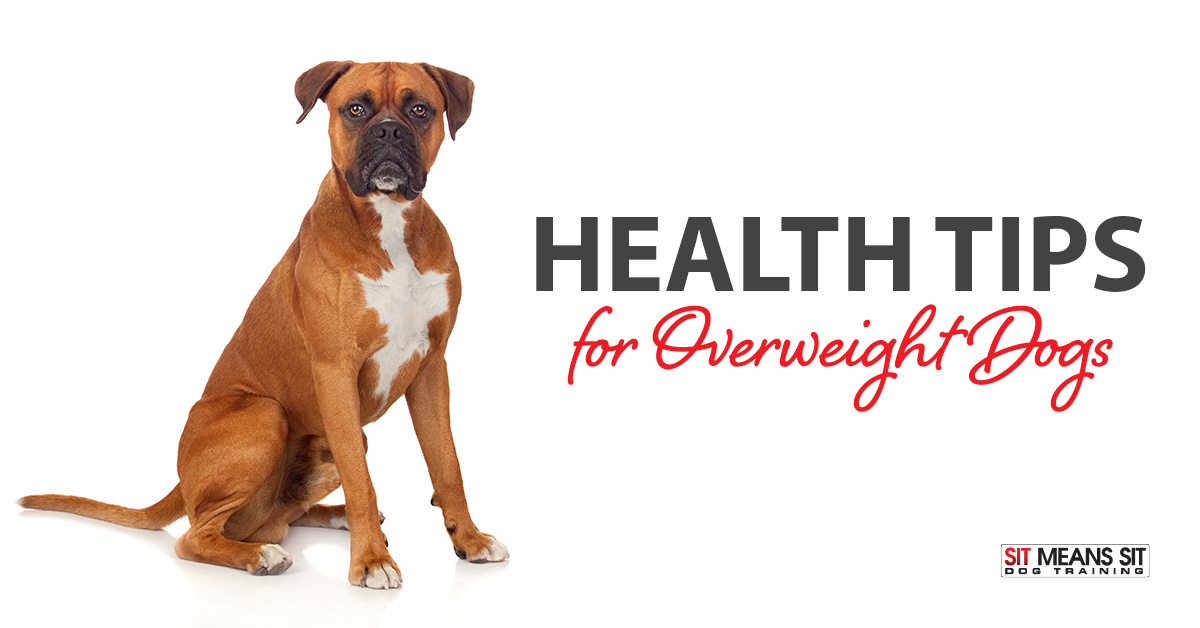
Health Tips for Your Overweight Dog
According to recent veterinary surveys, over half of dogs in the United States are overweight. This means our pets are at risk for loads of serious health concerns, such as diabetes, heart disease, and high blood pressure, to name a few. Slimming down your dog will not only make them look better, but it will also help them stay healthy for years to come! Try these tips to keep your dog slim and trim.
Stay Active
We can’t stress enough how important daily exercise is for our canine companions! Even just 20 to 30 minutes of walking a day works miracles for your dog’s long-term health and wellness. This means that doggie workouts can benefit your health, too! Take some time out of your busy schedule to walk or run with your dog.
Meal Portioning
As all pet parents know, just one glance at your dog’s sad eyes can be enough to convince you to slip some extra kibble into the bowl, but overfeeding is one of the biggest contributors to obesity in dogs! Talk to your vet and determine how many calories your dog needs per day. Then, determine how much food that equals, and measure it out for your dog!
Give Treats with Caution
On a similar note, many dog owners give their pups treats that are full of sugars and fats that are terrible for your dog’s weight and health in general. Instead, try low-calorie, no-sugar treats that improve your dog’s health. Give treats sparingly as rewards for good behavior. Even if the treats are healthy, too many treats is never a good thing!
Carb-Cutting
Keep an eye on the ingredients in your dog’s food — many kibbles are loaded with carb-heavy foods like corn that hold little to no nutritional value for your dog. Focus on ingredients like meats and veggies to promote a slim waistline and healthier lifestyle in your dog. For ambitious pet parents, you may even try making your own dog food! This is the best way to control what your dog is eating and can have plenty of health benefits for your dog.
These tips are a great starting point for helping your dog lose weight, but you should always check with your vet before initiating any major changes in your dog’s diet. Remember, your dog’s health is always top priority!
